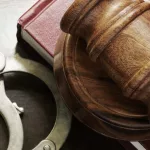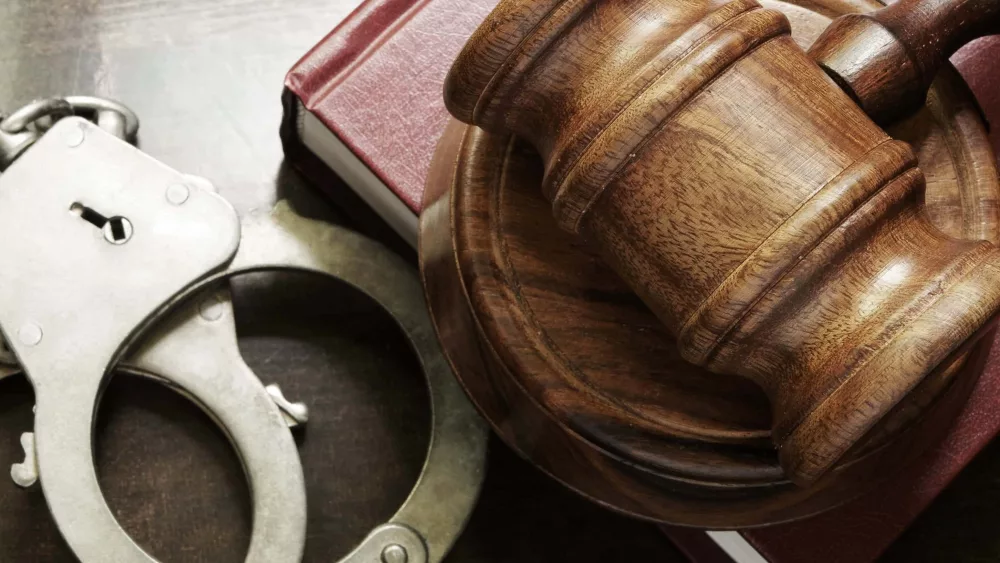Members of an Illinois National Guard Military Police stand a post, Monday, June 1, 2020, at a security perimeter on Chicago’s near Southside. (AP Photo/Charles Rex Arbogast)
SPRINGFIELD, Ill. (AP) — Illinois Gov. J.B. Pritzker has deployed Illinois National Guard troops to Chicago to prepare for potential election-related civil unrest.
Pritzker was asked about the action during his daily briefing in Chicago on the coronavirus pandemic. He downplayed the move and noted the Guard similarly reported to Chicago earlier this year in case of violence during protests.
“We’ve made sure that our National Guard is simply in a state of readiness. We did this back during the few days before the ruling around Breonna Taylor,” Pritzker said, referring to the woman fatally shot by Louisville, Kentucky police during a botched raid in March. “We want to make sure that cities, counties that call upon us for help from the state of Illinois, that we have those resources available to them.”
He did not say how many troops or what equipment was dispatched. Spokeswoman Jordan Abudayyeh didn’t respond to questions posed after the briefing.
Chicago Mayor Lori Lightfoot did not request assistance. When asked, spokesman Patrick Mullane pointed to a tweet from the city’s Office of Emergency Management and Communications, which said the city did not seek deployment.
“The city has not made any calls to deploy the National Guard in Chicago,” it said. “Similar to past emergency preparedness plans, the state has stationed personnel at McCormick Place to be ready to respond if needed, however, there are currently no plans for them to be deployed.”
Pritzker noted that the Illinois State Police will be on hand, as usual, to intervene if violence erupts as a result of a contentious race for the White House between President Donald Trump and former Vice President Joe Biden.
The Democrat didn’t say whether state police would adjust patrols or make other changes for Election Day and its aftermath.
By JOHN O’CONNOR | The Associated Press
Associated Press writer Don Babwin contributed from Chicago.







